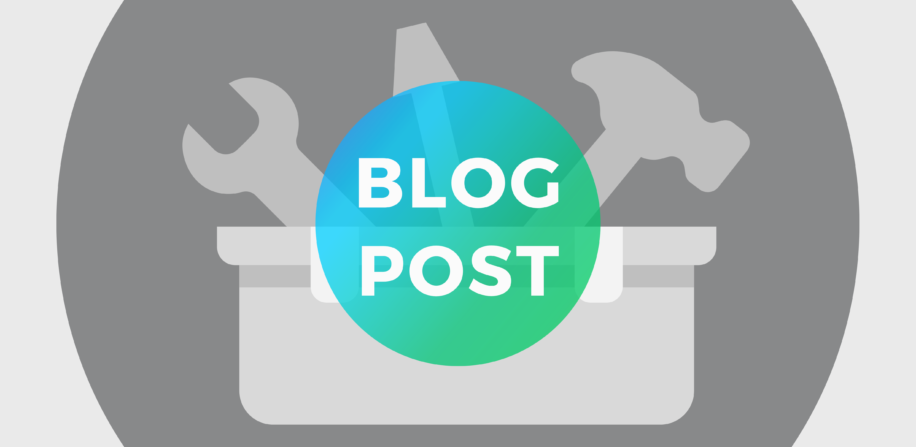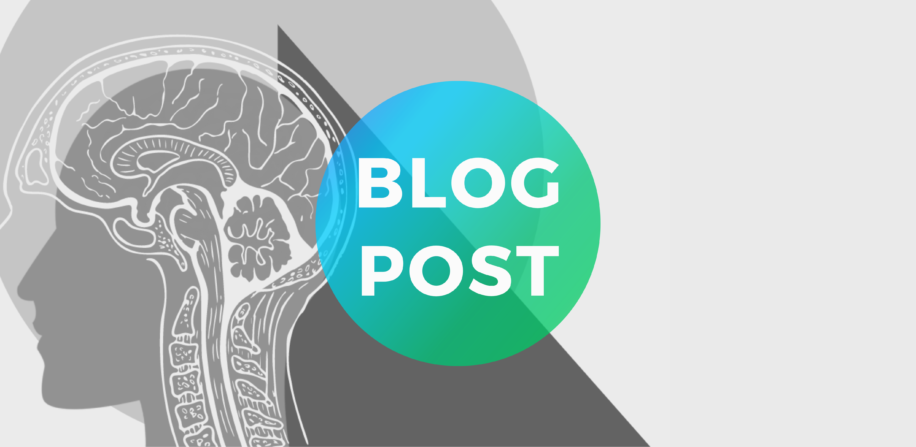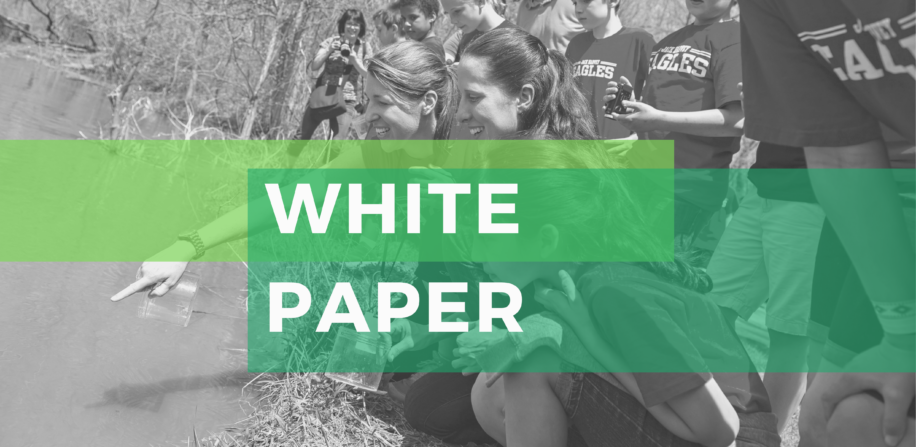Are programs producing weak or no effects? Or are gold-standard designs missing something? In our third White Paper, Realist(ic) Evaluation Tools for OST Programs: The Quality-Outcomes Design and Methods (Q-ODM) Toolbox, we extend from the neuroperson framework for socio-emotional skills to a focus on evaluation design and impact evidence.







